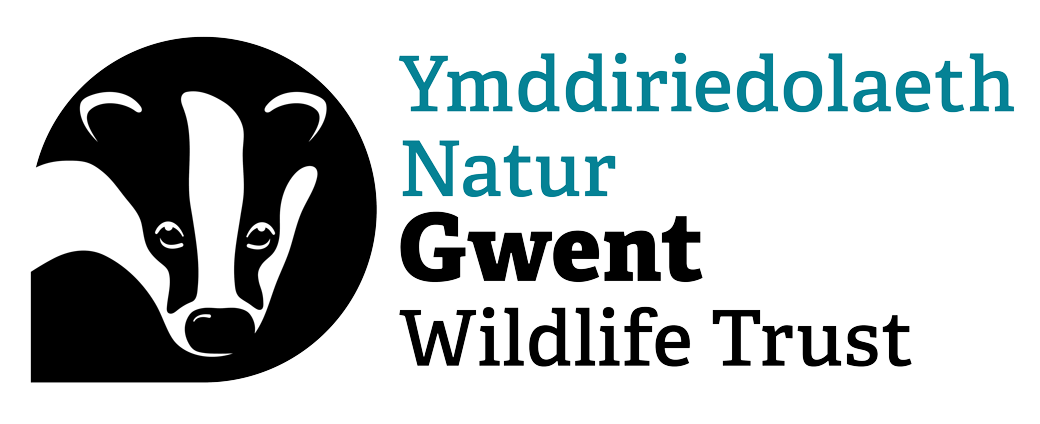Don’t let Craig y Perthi be the first domino to fall...
Almost a fifth of Wales’ most important sites for wildlife on the Gwent Levels, an irreplaceable wetland landscape, could be under threat if all the large-scale solar developments being planned go…
